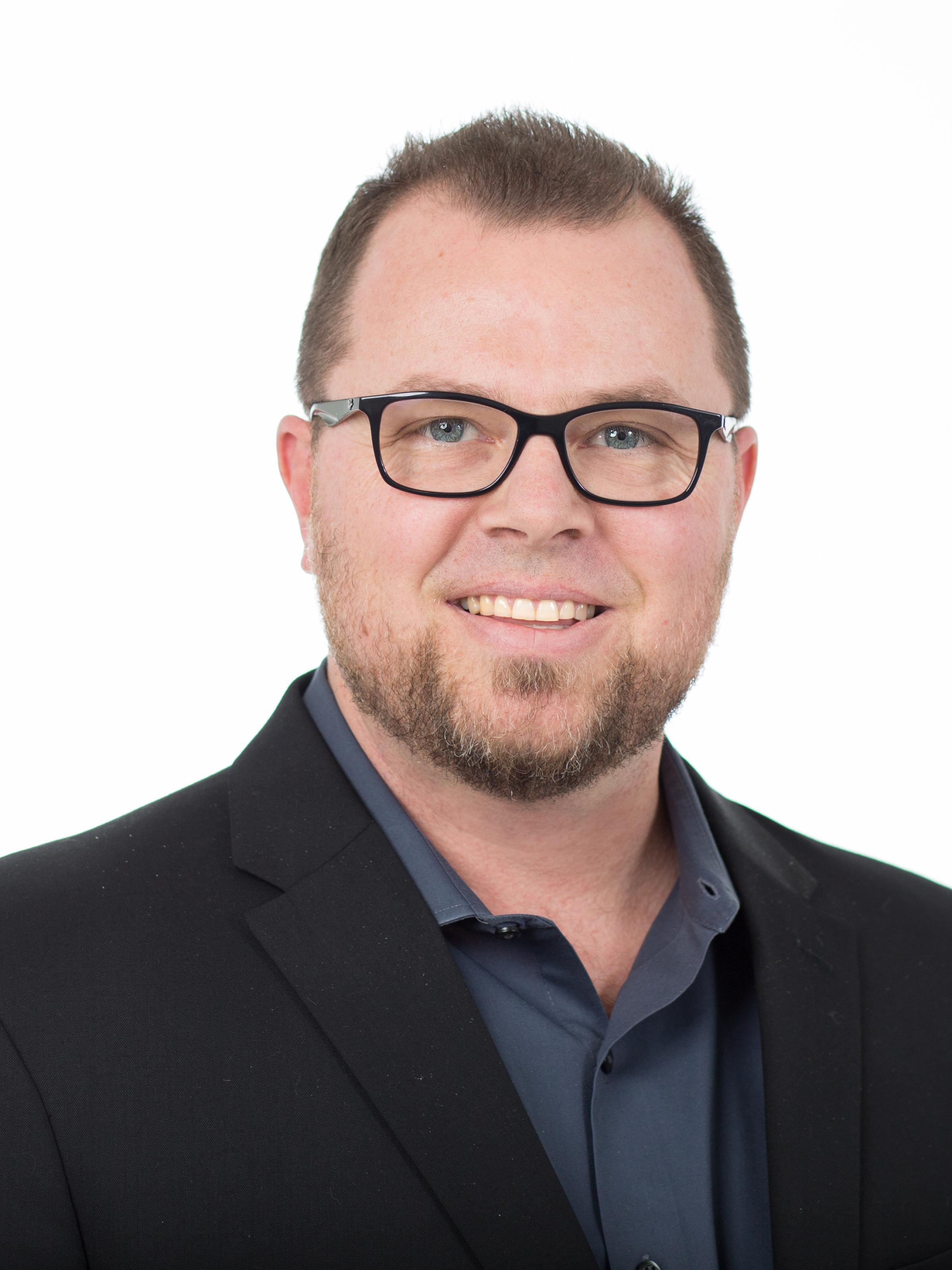Microbiota and Gastrointestinal Immunology Consortium (MAGIC)
The microbiota impacts all aspects of human health, including the immune system, metabolism, and neurological health. Microbiome research is an area of exponential growth. Discovery efforts on the microbiome have the potential to reshape treatment paradigms in human disease. MAGIC aims to catalyze discoveries in this area to realize this vision.
Vision & Strategic Plan
MAGIC seeks to become one of the preeminent microbiome research centers in the US focused on leveraging discoveries to improve human health. In order to realize this vision, MAGIC seeks to accomplish the following:
- National Prominence - Establish a digital footprint for national recognition for MAGIC’s work. This includes web, social media, and other communication platforms.
- Research Enhancement - Host regular events that bring national experts to the University of Utah, exposing them to the work of the consortium and creating collaborative opportunities.
- Faculty Recruitment - Recruit high caliber researchers to fill gaps within current MAGIC faculty. Immediate focus will be given to recruiting clinical microbiota and human immunology experts.
- Research Excellence - Leverage the collaborative work of the consortium to produce ground breaking, clinically-relevant discoveries to be published in top-tier journals and protected as intellectual property. These discoveries should enhance the competitiveness of the MAGIC research portfolio to include more large, complex center grants.
- Trainee Development - Apply for consortia-wide training grants, pursue private donations to establish training fellowships, and support the application of individual federally-funded trainee fellowships.
- Infrastructure Development - Acquire the tools and develop lab spaces to support expanded research in the microbiota field. This may include additional bioinformatic and biobank resources and a gnotobiotic facility at a new co-located space.
- External Partnership and Philanthropy - Establish industry and donor relationships that generate partnerships and resources, enabling the consortium to grow its mission and expand its research footprint.
Targeted Programmatic Grants
- Digestive Research Center (NIH)
- DOD Peer Reviewed Medical Research Program (DOD)
- Various PO1s (NIH)
- Genomic Centers for Infectious Diseases (NIH)
- Understanding Rules of Life: Microbiome Interactions and Mechanisms (NSF)
- Building Synthetic Microbial Communities for Biology, Mitigating Climate Change, Sustainability, and Biotechnology (Synthetic Communities) (NSF)
Leadership
Center Scientific Directors

Daniel T. Leung
Associate Professor of Internal Medicine

Ryan M. O'Connell
Professor of Pathology

June L. Round
Professor of Pathology
Disease Foci
Inflammatory Bowel Disease (IBD)
Matt Bettini, Gianna Hammer, Ryan O’Connell, Aaron Petrey, June Round
Intestinal Infections
Daniel Leung, Matt Mulvey, Andrew Skinner
GI Cancer
Kimberley Evason, Charlie Murtaugh, Ryan O’Connell, June Round, Cornelia Ulrich
Eosinophilic Gastrointestinal Diseases
Kathy Peterson, Amiko Uchida
Metabolic Disease
Matt Bettini, Denise Dearing, June Round
